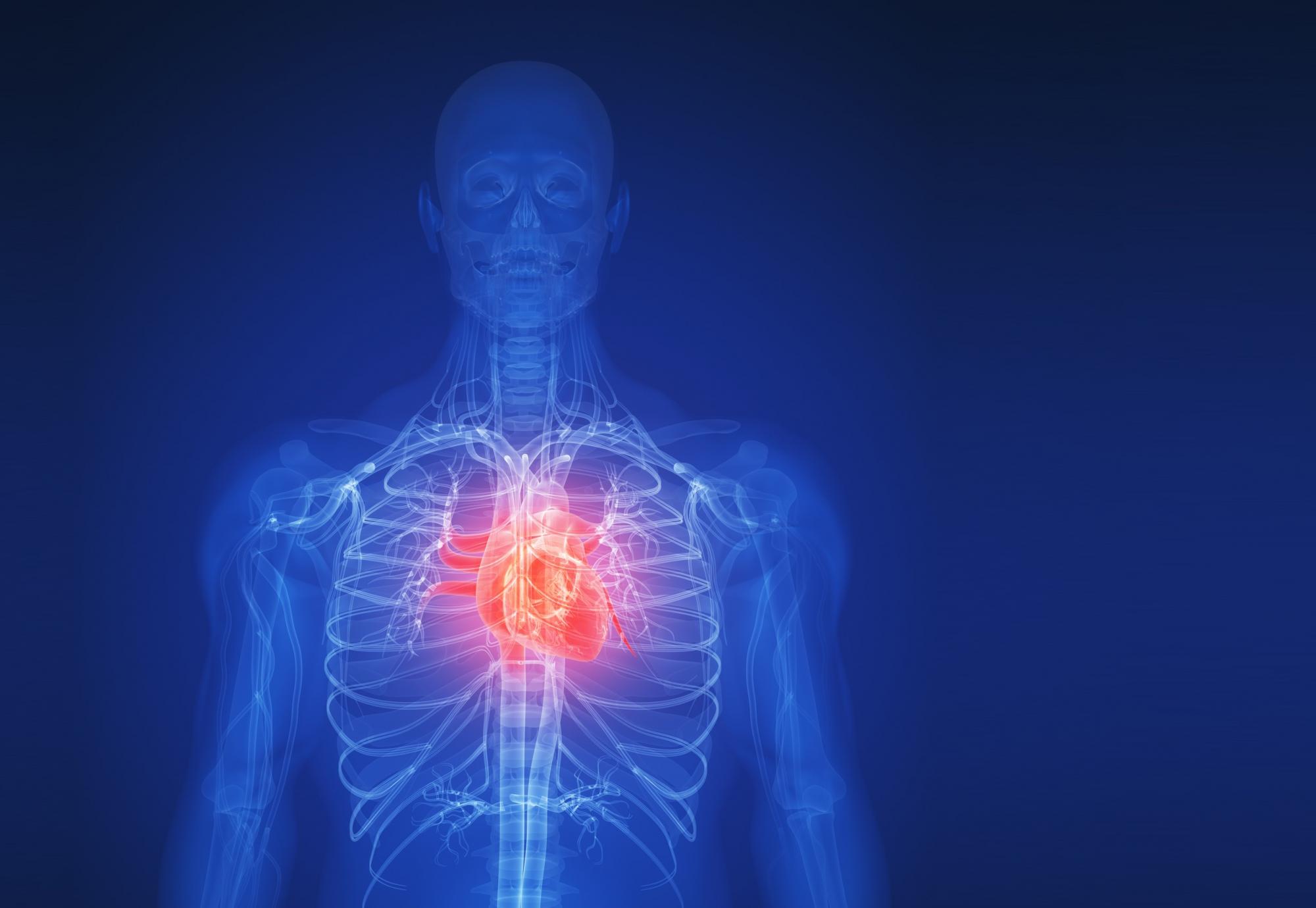Cardiovascular disease (CVD) is one of the most common causes of death in England. As the second wave of Covid-19 continues, the risk factors associated with this life-threatening disease have become even more prominent. People with CVD are at an increased risk of developing complications with the virus and of poor outcomes, including hospitalisation, admission to intensive care and death.
We know that six million people across the country are currently living with CVD, which even before the pandemic was estimated to cost our healthcare system £7.4bn per year. The challenge to prevent and manage CVD has never been greater.
But what are we doing to tackle CVD and the huge burden it presents to the NHS?
Over the last 20 years, CVD prevention and management has been a priority for our work at NICE. We have published a suite of guidance, including, a Covid-19 rapid guideline on acute myocardial injury.
Our latest publication is a new impact report on CVD management, which looks at what we know about the uptake and impact of NICE guidance on chest pain, acute coronary syndromes, heart failure and cardiac rehabilitation. The report also contains a section on responding to Covid-19.
One important area our report explores is how innovative medical technologies are being used to improve outcomes in people with CVD. For example, in 2017, NICE recommended HeartFlow FFRCT, to help clinicians diagnose coronary artery disease in people with recent onset, stable chest pain.
HeartFlow FFRCT is coronary physiology simulation software used to analyse cardiac CT images. Importantly, it avoids the need for more invasive and complicated investigations, which not only increases the potential for improved patient experience but could save the NHS an estimated £9m.
However, although the number of people who have received testing with HeartFlow FFRCT has increased, it is estimated that fewer than 20% of those eligible have had access to this technology.
NICE has been working with NHS organisations to improve the uptake of HeartFlow FFRCT. In 2017 we published an adoption support resource that provides practical information and advice on implementing HeartFlow FFRCT in the NHS. It includes real-life examples of how NHS sites have adopted the technology and has been created with the help of NHS clinicians, who also report its benefits. These include improved speed of diagnosis, fewer downstream functional tests, reduced costs and improved patient experience.
Another key focus of our report is the specialist heart failure team. NICE’s guideline on acute heart failure recommends that all people admitted to hospital suspected to have the condition should have early and continuing input from a dedicated specialist heart failure team. This can help to ensure rapid diagnosis and contribute to reduced readmissions and better quality of life.
NICOR's National Heart Failure Audit found that 82% of people admitted to hospital with heart failure were seen by a heart failure specialist, with 57% seeing a consultant cardiologist while 49% saw a specialist nurse.
NICE’s quality standard on acute heart failure states that specialist heart failure teams should include heart failure specialist nurses. This is also reflected in the NHS Long Term Plan, which commits to improving rapid access to heart failure nurses in hospital so that more people who are not on a cardiology ward receive specialist care and advice.
Finally, our report explores an important part of the CVD care pathway; cardiac rehabilitation. Cardiac rehabilitation addresses the underlying risk factors for CVD and seeks to improve physical and mental health after a cardiac event.
Improving access to and uptake of cardiac rehabilitation is a key priority in the NHS Long Term Plan. By scaling up and improving access to cardiac rehabilitation, the NHS hopes to prevent up to 23,000 premature deaths and 50,000 acute hospital admissions over 10 years.
But how close are we to achieving this this goal?
The NHS Long Term Plan set a target of up to 85% of eligible people having cardiac rehabilitation by 2028. The National Audit of Cardiac Rehabilitation found that, overall, 50% of eligible people had cardiac rehabilitation in 2017/18, with variation in the uptake amongst different groups of people.
While this shows that we are moving in the right direction, there is clearly more work to be done. Inevitably Covid-19 has created an additional challenge for rehabilitation services. NICE recommends that cardiac rehabilitation should be offered in a choice of venues, including a person’s home. The current pandemic has driven a move to increase the availability of home-based programmes delivered virtually, which may be preferrable to some people.
As our impact report demonstrates we are making significant strides in improving the lives of those affected by CVD, but the scale of the problem means there is a huge amount yet to be done.
We need to work together to ensure people can always access specialist heart failure teams and the most innovative, life-saving technologies, as well as the right rehabilitation service for them once they leave hospital. Only then will we see a brighter, healthier future for all of those affected by CVD, alongside significant advances in the health and social care services that support them.



















